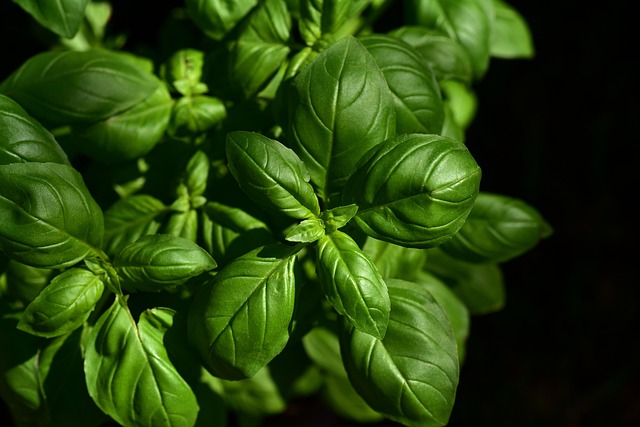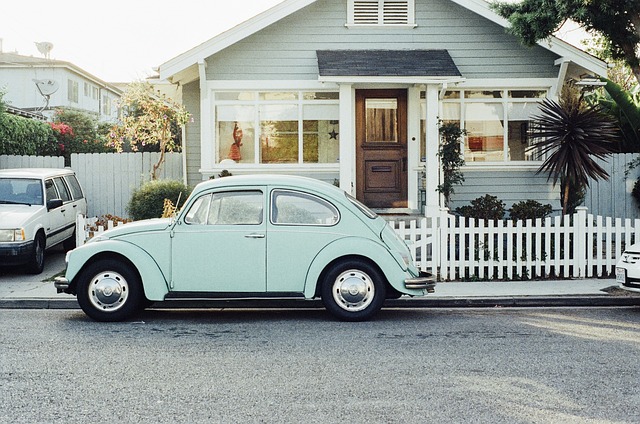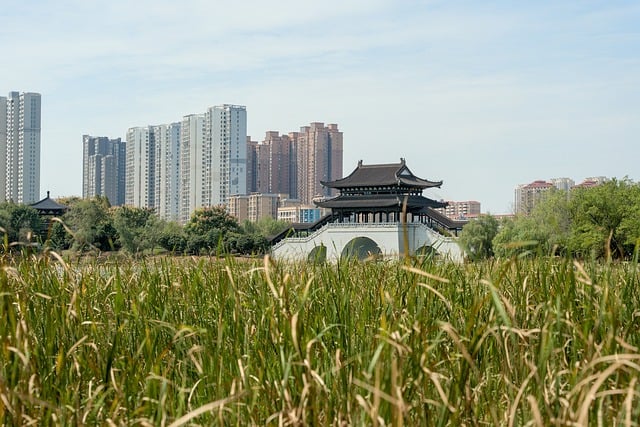In today’s fast-paced urban landscape, the need for sustainability has never been more critical. As concrete jungles expand and green spaces dwindle, the concept of an urban herb garden emerges as a beacon of hope. By embracing this trend, communities can cultivate not only fresh herbs but also a shared sense of purpose and connection to nature, paving the way for a greener tomorrow.
Imagine stepping out of your bustling city life into a vibrant garden, a pocket of tranquility filled with fragrant basil, parsley, and rosemary. With a few pots and a bit of enthusiasm, anyone can transform a balcony, rooftop, or even a small patch of land into an abundant urban herb garden. These green sanctuaries not only beautify our surroundings but also encourage individuals to engage with the environment in a meaningful way. The act of planting and nurturing these herbs fosters a sense of responsibility, reminding us of our role in sustaining the planet.
Gardening has profound psychological benefits, too. The simple act of tending to plants can reduce stress, promote mindfulness, and enhance overall well-being. In the urban sprawl, where life often feels chaotic and disconnected, an urban herb garden offers a tangible link to the earth. Growing your own herbs not only enhances your culinary delights but also serves as a powerful reminder of where our food comes from, reinforcing the importance of sustainable practices.
Moreover, these gardens can become communal hubs, spaces where neighbors gather to share tips, recipes, and even harvests. By creating a collective effort to cultivate an urban herb garden, communities can strengthen their bonds and inspire a culture of sustainability. These gardens can serve as platforms for environmental education, teaching both children and adults about the importance of biodiversity, the benefits of organic practices, and the beauty of nurturing life.
Creating an eco-friendly urban herb garden doesn’t require vast amounts of space or resources; rather, it invites creativity and adaptability. Vertical gardens, hydroponics, and container gardening allow urban dwellers with limited space to participate in this green movement. Utilizing recycled materials can further enhance the eco-conscious approach, proving that growth can stem from creativity and resourcefulness. This is a true testament to how nature can thrive even in the smallest of spaces.
In addition to personal and community wellness, urban herb gardens play a vital role in environmental conservation. They contribute to urban biodiversity, support pollinators, and help combat air pollution by absorbing carbon dioxide and other harmful pollutants. Each plant adds to the urban ecosystem, creating a ripple effect that benefits not just the gardener but the entire community.
As we cultivate our urban herb garden, we also cultivate a shared vision for sustainable living. We nurture relationships with one another and with nature, emphasizing that sustainability is not just a trend but a lifestyle choice that leads to a healthier planet. In every seed we plant, there lies potential – potential for growth, connection, and a more vibrant community.




